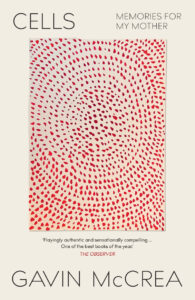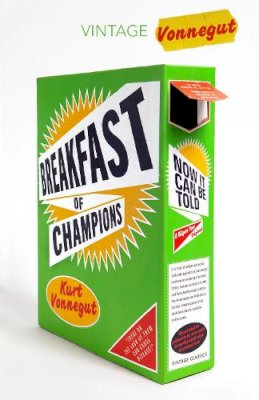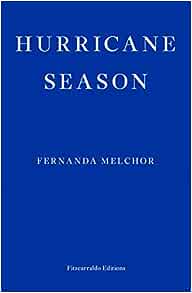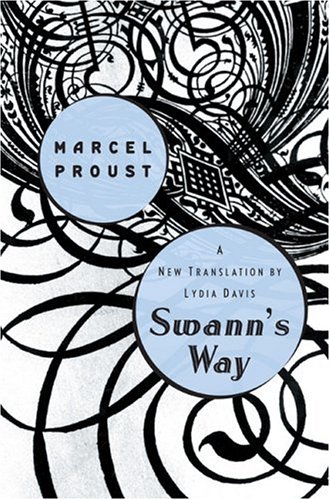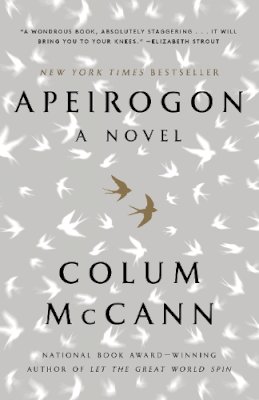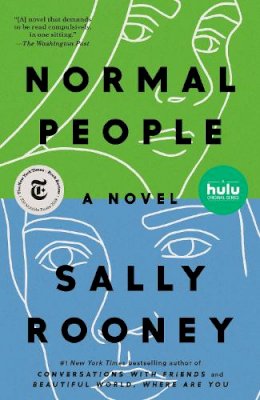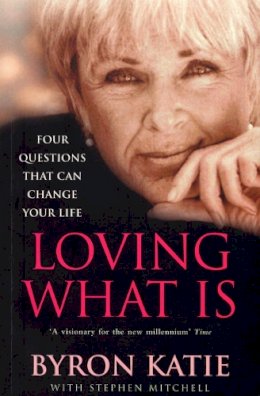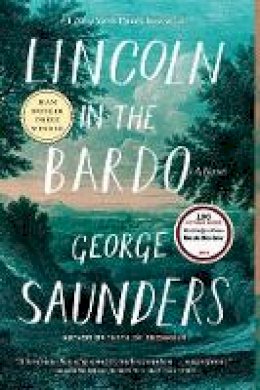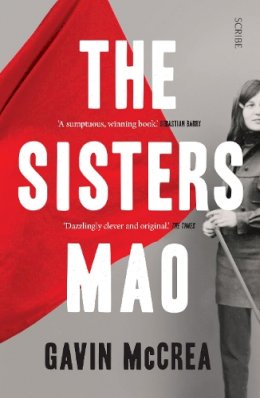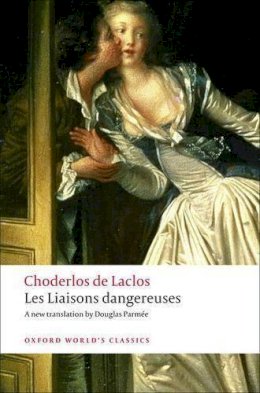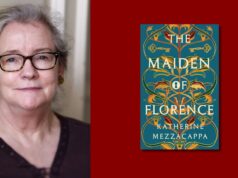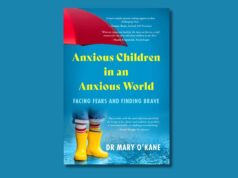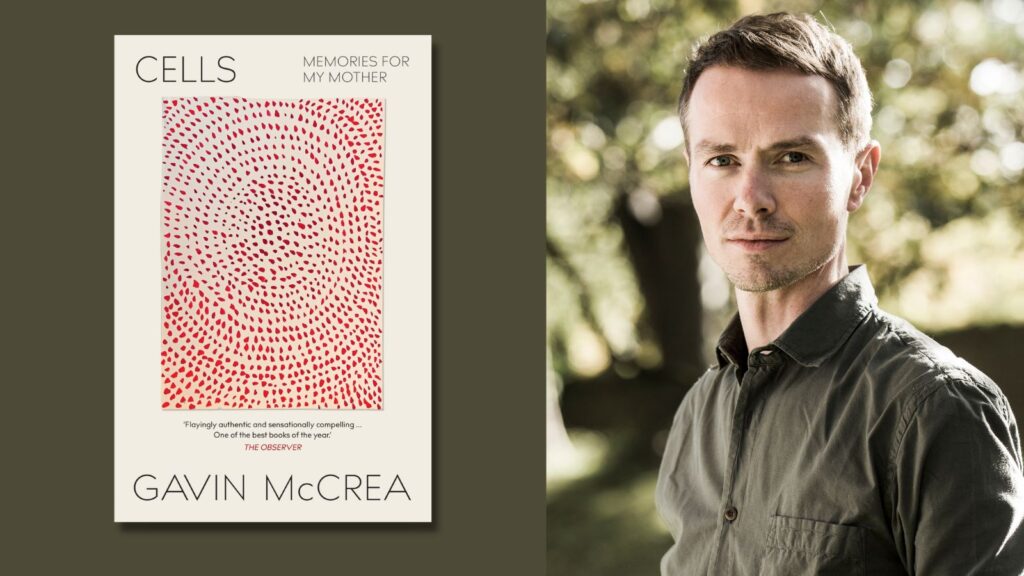
Gavin McCrea talks all things bookish for the companion series to our popular podcast, Burning Books
‘Cells is a raw, throbbing thing; the literary equivalent of an open wound, but one that’s been cauterised by a highly skilled surgeon … one of the very best, most authentic, beautiful, and brutal depictions of a deep and abiding, albeit imperfect love between a son and his mother, not to mention the story of the making of an acutely talented writer.’
—Lucy Scholes, The Telegraph
Cells: Memories for my Mother|Gavin McCrea|Scribe|€10.55
A book from your early days
Kurt Vonnegut’s The Breakfast of Champions, a copy of which my sixth-class teacher lent to me (I was eleven; today the man would be hung by his balls in the public square), and which taught me, at just the right moment, how dangerous and naughty and adult literature could be.
Dog ears or book marks?
Brochures taken from hair salons and doctors surgeries. Currently: ‘IPL Photo-rejuvenation Therapy. Erase years of skin damage without disrupting the skin’s delicate surface!’ (I’m tempted.)
A quote you can say by heart?
‘If, with the literate, I am
Impelled to try an epigram,
I never seek to take the credit;
We all assume that Oscar said it.’
—Dorothy Parker.
Do you lend without expecting a book returned?
Give and replace. Give and replace. Less painful for everyone.
Best book someone gave you?
I recently received Fernanda Melchor’s Hurricane Season. Sensational.
A book you return to over the years?
Marcel Proust, Swann’s Way (the Lydia Davis translation).
The right book at the right time?
I read Colum McCann’s Apeirogon after spending a couple of weeks teaching in and touring the West Bank. McCann’s novel helped me to understand both what I had witnessed and what I had felt – the anger, the sadness, and also the delight – while witnessing it.
A book that taught you something important?
Fiction: The success of Sally Rooney’s Normal People taught me a lot about my own expectations and insecurities as a writer. I don’t use social media and try my best to limit book-news from other sources, yet the collapse in confidence I experienced on learning of Rooney’s triumph – a collapse which came about because I could not deny that Normal People was brilliant and that Rooney had earned all the accolades she received – showed me that I was trapped deep in the prison of comparison, from which, if I was to survive as an artist, I needed to escape, and fast.
In order to come to terms with Rooney’s success – that is, with the relative size of my own success – I had to ask myself some essential questions about why I write and what I think it might give me, and, crucially, what it can’t and won’t ever give me. That was a really important process for me to go through.
Self-help: Loving What Is by Byron Katie. Katie is the most radical teacher I have come across. Radical because, unlike many others, who are satisfied with identifying the what, she is concerned with the how: how do I deal with this unhappiness? how do I deal with this stress? She has come up with a deceptively simple technique for questioning stressful thoughts. It has helped me enormously.
A book that saved you?
At a moment when I was considering giving up writing for good, George Saunders’ Lincoln in the Bardo reminded me of what fiction can achieve when it is brave and makes its own rules.
One of your own books you would save?
Probably my second novel, The Sisters Mao, because it took me a long time to write, contains the scene I most enjoyed writing, and is big enough to serve as a yoga block.
A book you’re reading now?
I’m currently re-reading Choderlos de Laclos’s Les Liaisons dangereuses, partly as research for a novel I’m writing set in 18th-century Paris.
You can save one non-book item: what is it?
My laptop. No, my boyfriend. No, my laptop.
Cells: Memories for my Mother|Gavin McCrea|Scribe|€10.55








